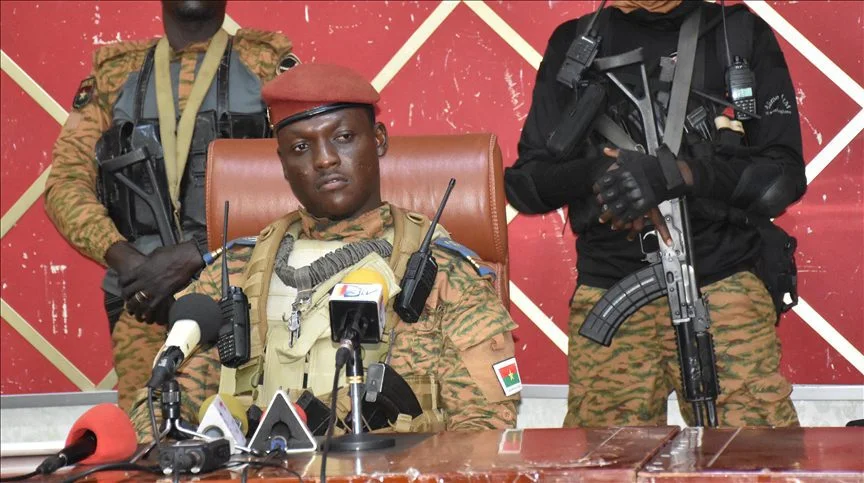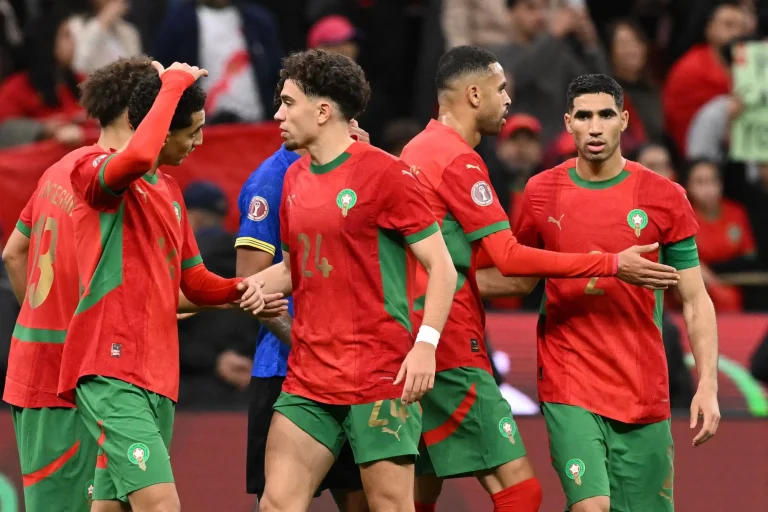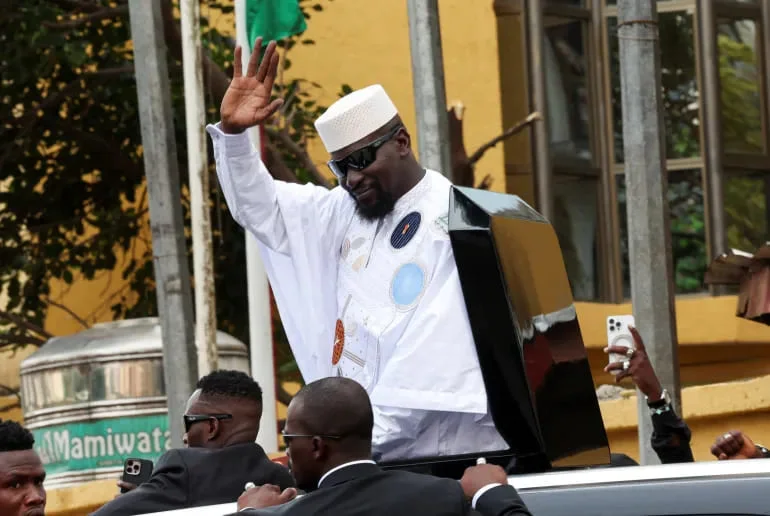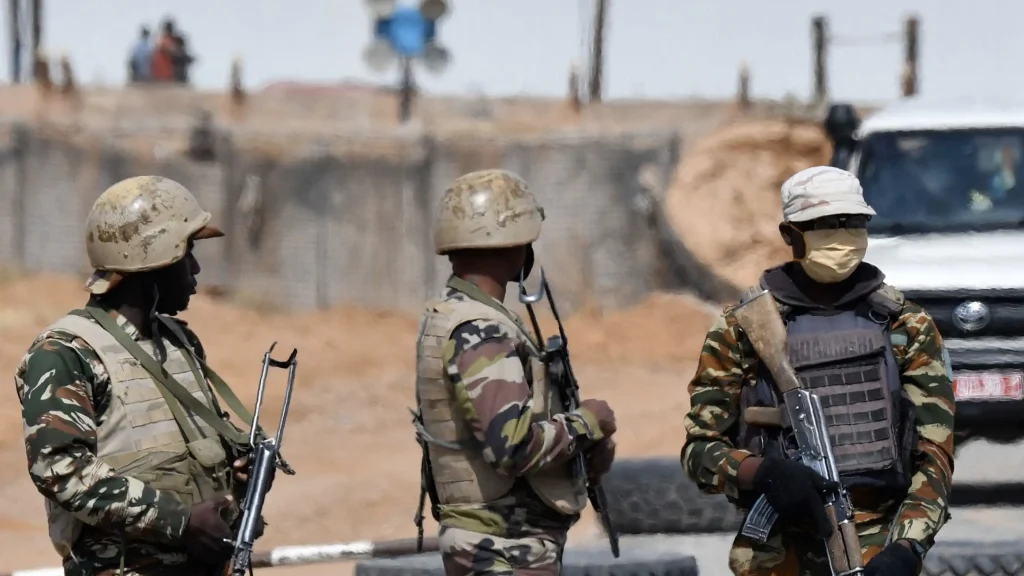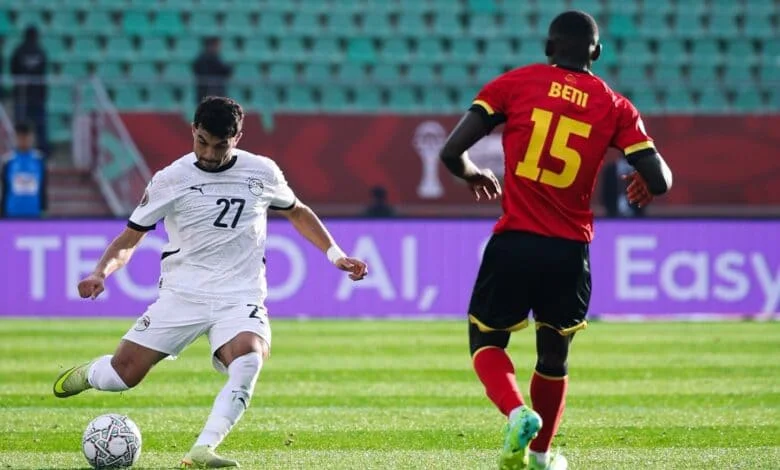After taking control of Burkina Faso on September 30, 2022, Captain Ibrahim Traoré promised to improve the country’s security situation within “two to three months.” However, one year later, Burkina Faso continues to face deadly jihadist attacks.
When Captain Traoré led the coup, the second in eight months, he said that solving “minor logistical issues” in the army would help regain control. Over the past year, the new government has focused heavily on security, recruiting many Volunteers for the Defense of the Homeland (VDP), buying drones and helicopters, and targeting jihadists. President Traoré has also visited soldiers in the field to boost morale.
Despite these efforts, many feel the situation has not improved. An editorial in the Burkina Faso newspaper L’Observateur Paalga noted that the problem which led Captain Traoré to power remains unsolved.
High hopes When Captain Traoré took power, there was a lot of hope among the people that he would improve security. According to Sahel security expert Lassina Diarra, a lot of effort has been made to take back areas controlled by jihadists, but the overall situation has worsened.
The statistics show this clearly. According to the NGO Acled, more than 17,000 people have died from attacks since 2015, with over 6,000 killed in 2023 alone. The army and VDP have been the main targets, but civilians have also suffered. More than 6,000 schools in the country are currently closed due to the violence, according to the Norwegian Refugee Council (NRC).
Taking back land The violence has displaced over two million people since 2015. By August, the government claimed that more than 190,000 displaced people had returned to their homes, stating they had reclaimed territories once controlled by jihadists.
Supporters of Captain Traoré’s government highlight the “strong decisions” made by the 35-year-old leader. Lassané Sawadogo, from the pro-regime group Front for the Defense of the Homeland, emphasized that before Traoré, the military was under-equipped to fight terrorism. However, since Traoré’s arrival, significant resources have been provided.
Despite the progress claimed, some have raised concerns about abuses by the VDP and the armed forces. In April, the Collective against Impunity and Stigmatization of Communities (CISC) reported that 136 people, including women and children, were killed by men wearing army uniforms in the northern village of Karma.
Individual freedoms An investigation was launched, and the government condemned the “barbaric acts,” though Captain Traoré warned against blaming the army too quickly. He urged caution and asked for more time to uncover the truth behind the Karma incident.
There are also concerns about a decline in individual freedoms. The main unions in Burkina Faso have criticized forced recruitment, kidnappings, and the suspension of media outlets. The newspaper L’Observateur Paalga even noted that everyone must “fall in line” or face consequences.
Several French media outlets, such as RFI, France 24, and Jeune Afrique, have been suspended, and reporters from Libération and Le Monde were expelled. Burkina Faso’s Radio Oméga was also suspended for a month after interviewing someone who opposed the military regime in Niger.
On the international stage, Captain Traoré’s government has been shifting away from France and building relations with countries like Iran, Russia, and Venezuela. After asking French soldiers to leave in February, Burkina Faso signed a defense agreement with Mali and Niger, creating the Alliance of Sahel States (AES), a military cooperation pact.
Captain Traoré has gained strong support from parts of the population, especially young people. Recently, thousands of citizens took to the streets to defend him after rumors of a coup attempt. The government later announced it had stopped a coup attempt and arrested four officers.
For now, the transitional government is set to remain in power until July 2024, with plans for a return to civilian rule through presidential elections. However, in May, Prime Minister Apollinaire Joachimson Kyélem de Tambèla said that elections would not take place unless the security situation improves.

